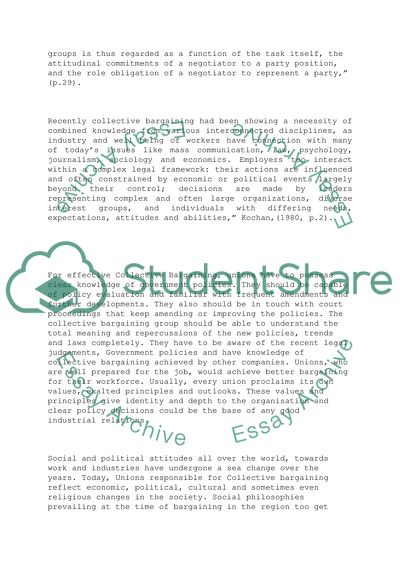Cite this document
(“Collective Bargaining Essay Example | Topics and Well Written Essays - 4500 words”, n.d.)
Collective Bargaining Essay Example | Topics and Well Written Essays - 4500 words. Retrieved from https://studentshare.org/sociology/1506007-collective-bargaining
Collective Bargaining Essay Example | Topics and Well Written Essays - 4500 words. Retrieved from https://studentshare.org/sociology/1506007-collective-bargaining
(Collective Bargaining Essay Example | Topics and Well Written Essays - 4500 Words)
Collective Bargaining Essay Example | Topics and Well Written Essays - 4500 Words. https://studentshare.org/sociology/1506007-collective-bargaining.
Collective Bargaining Essay Example | Topics and Well Written Essays - 4500 Words. https://studentshare.org/sociology/1506007-collective-bargaining.
“Collective Bargaining Essay Example | Topics and Well Written Essays - 4500 Words”, n.d. https://studentshare.org/sociology/1506007-collective-bargaining.


